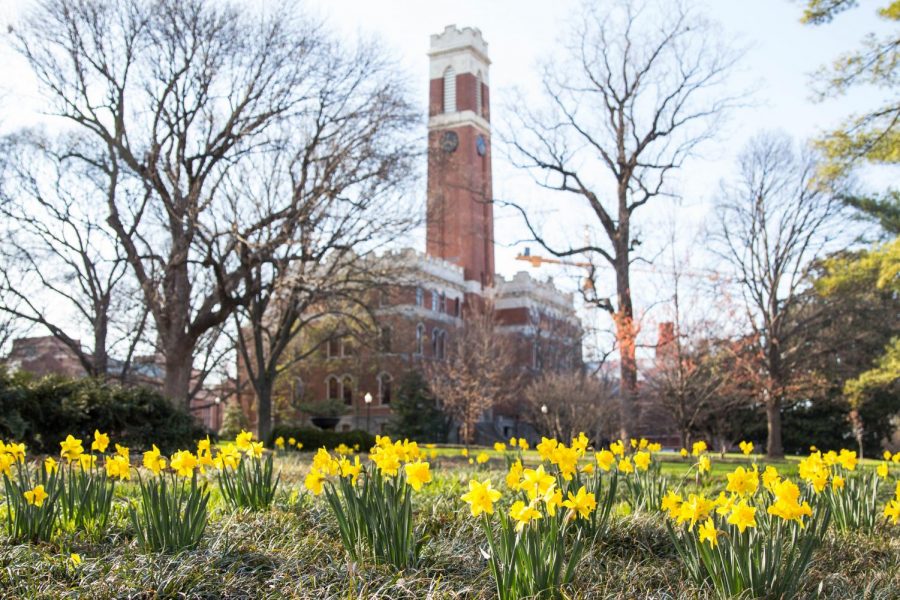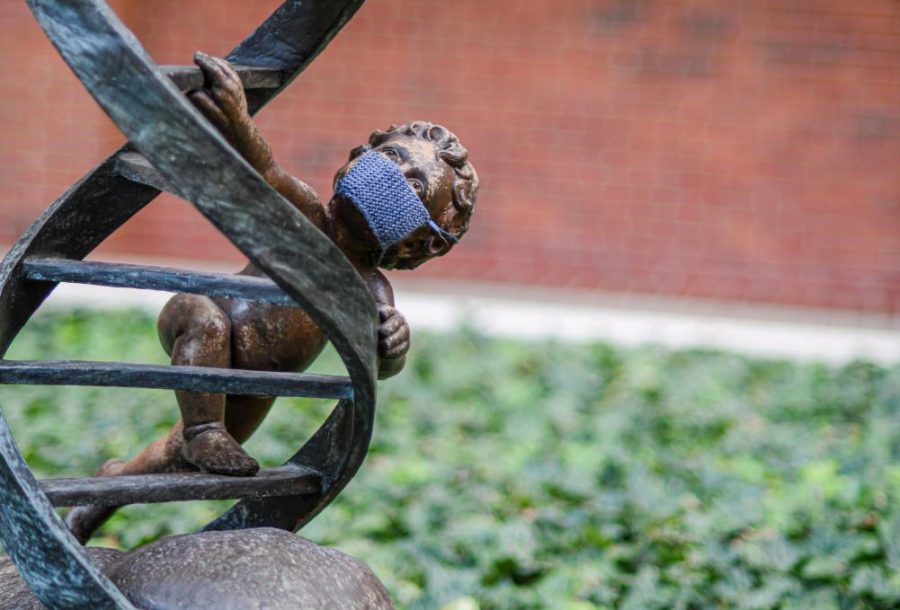You’ve probably seen the statistics. A massive New York Times report from 2017 found that Vanderbilt has the fourth-largest proportion of students from families of one-percenters of any school in the nation. Less than two percent of students come from families in the bottom fifth of income earners. The median income of a student’s family was $204,500 – more than three times the 2017 national median household income of approximately $60,000.
Vanderbilt emphasizes the importance of a diverse, inclusive campus. If the University truly cares about diversity and inclusion, it will redouble its efforts to combat such economic homogeneity.
This inequality is not a result of malice or even apathy on Vanderbilt’s part. In fact, the University has undertaken several efforts to explicitly address this problem. Its most broad effort is Opportunity Vanderbilt, a program which has enabled the University to meet 100 percent of demonstrated financial aid of accepted applicants. This investment in relieving financial burdens and knocking down economic barriers has earned the University acclaim as a leader in financial aid for colleges across the country; this year we landed seventh in Best Value rankings per U.S. News. According to the University, the average financial aid award is currently just under $52,000.
Affordable tuition represents only one effort among several that the University has taken to inculcate income diversity. It has also engaged in outreach with underrepresented socioeconomic communities. For instance, Vanderbilt has a long-standing partnership with Posse and Questbridge, programs which award scholarships to less economically-privileged students and match them to universities. The University also touts its high school recruitment strategy, claiming to target, “many low-resourced, magnet, charter, or other types of high schools that serve low-income and first-generation students and families.”
Vanderbilt administration should think about removing legacy admissions as a factor in admissions considerations.
And yet, all of these efforts have been underway long before the New York Times report was published. Where is Vanderbilt falling short, and where can it improve? To start, it can expand upon its successes. Posse and Questbridge are effective at assembling teams of qualified college applicants. Administration must increase the number of spots reserved for students in these programs; currently, Vanderbilt only works with the New York City chapter of Posse. The University is not using this program to its fullest potential. Vanderbilt would do well to do more of the same, deepening its partnership with Posse and Questbridge and reaching out to groups with similar aims, like National College Access Network. And Vanderbilt has been taking small steps in this direction – in 2017, the University joined the American Talent Initiative, a country-wide organization which focuses on recruiting students eligible for government financial assistance for college education. And along with improving upon its successes, the University must consider three additional admissions-process reforms in order to combat economic segregation.
First, Vanderbilt can wind down legacy admissions, the practice of allowing admissions to consider applicants’ alumni connections. After previously ending the practice of considering legacy status in admissions decisions, Vanderbilt reinstated this policy in 2008. This practice can skew the admissions process further in favor of well-prepared, socioeconomically privileged legacy admits. Vanderbilt administration should think about removing legacy admissions as a factor in admissions considerations.
Second, the University can expand its use of affirmative action to account for socioeconomic disadvantages and hurdles put in place by institutional social oppression (e.g. racism in the lives of applicants of color). And this racial affirmative action has paid dividends: while not totally representative of the United States population, there is a great amount of racial diversity on campus — more than 40 percent of students in the class of 2023 are nonwhite. If admissions considers the impact of racism on its applicants of color, it should also consider the negative impacts of classism (from limited access to educational resources to psychological distress) on its applicants of lesser socioeconomic means, and officially announce class-based considerations as part of its admissions policy.
In order to more fully realize our commitment to diversity, equity and inclusion, the University must go further.
Finally, the University can reassess the role that early decision plays in admissions. This binding application process confers an advantage to those who use it: Vanderbilt’s ED acceptance rate for the Class of 2023 is 19.8 percent, while the regular decision acceptance rate is under nine percent. And Vanderbilt places outsize importance on early decision – in recent years, more than half of each incoming class was accepted through both rounds of early decision. Unfortunately, applying ED can present a huge risk to those who are inhibited by the amount of financial aid they might receive, since the student and their family must make a binding agreement to attend before they receive their financial aid award. This uncertainty about the size of the award may dissuade low and middle-income students from applying ED. Reconciling this temporal gap may encourage more socioeconomically diverse applicants to apply ED.
Vanderbilt is a national leader in promoting access to higher education. We have a fantastic financial aid program, partner with scholarship programs and recruit in diverse areas. But things haven’t gotten much better. Our students are still as wealthy as ‘Vanderbilt’ sounds. In order to more fully realize our commitment to diversity, equity and inclusion, the University must go further. It must deepen and widen its relationships with scholarship programs, rescind its legacy policy, institute class-based affirmative action (along with continuing the work of race-based affirmative action) and reform its early decision program. These practices are not a panacea. But we must do what we can.


















